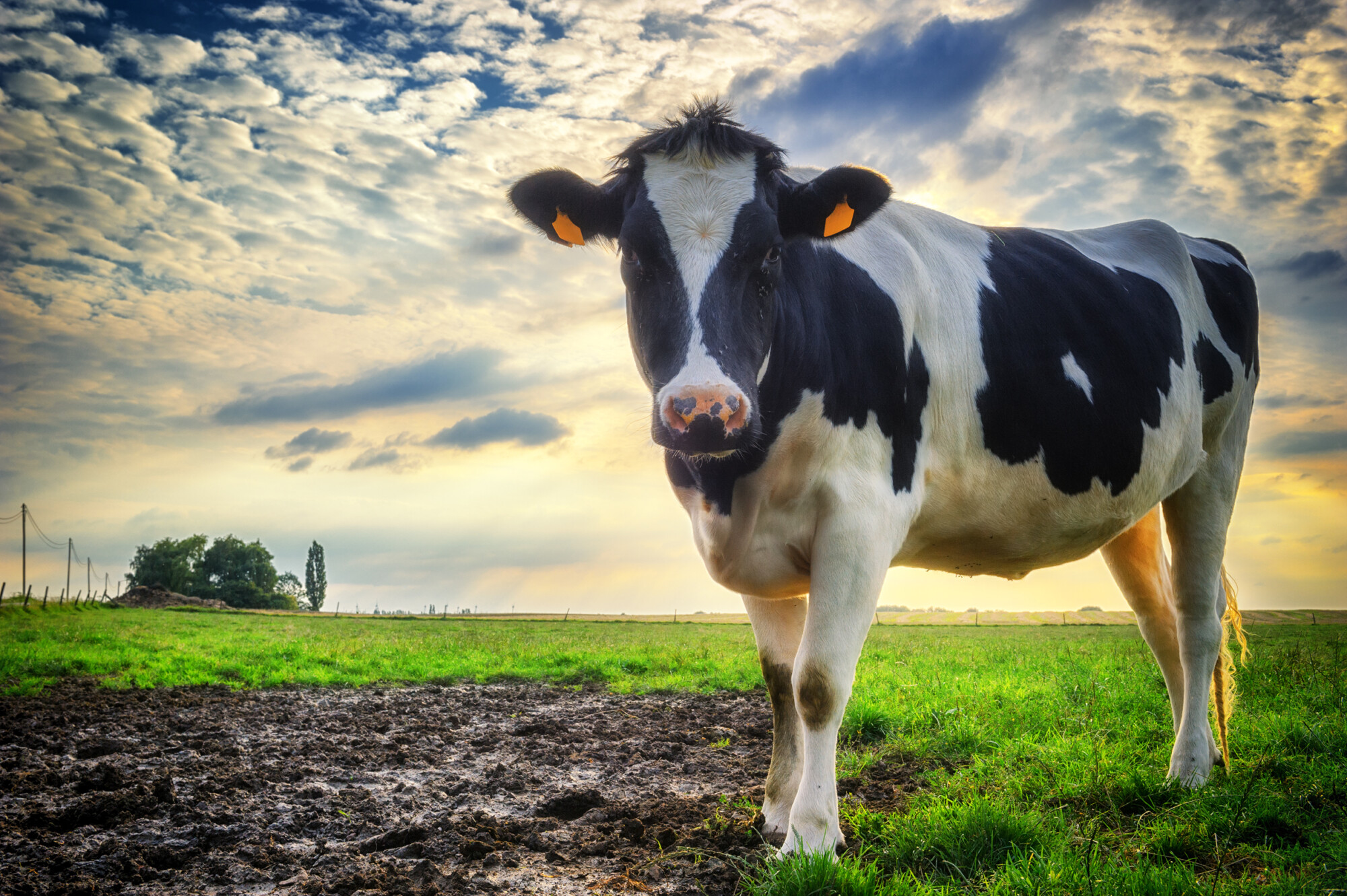Animal health and welfare support announced for livestock farmers
23rd February 2022
RABDF has welcomed news that the government will fund annual vet visits and grants to improve livestock health and welfare.
During his speech at the NFU conference, environment secretary George Eustice set out plans for the Animal Health and Welfare Pathway – a programme of financial support for farmers in the pig, cattle, sheep and poultry sectors, based around key animal health and welfare priorities.
These include measures such as reducing mastitis and lameness in dairy cattle, improving biosecurity to control pig diseases endemic to the UK and improving the feather cover of laying hens.
To help farming sectors make these improvements, Animal Health and Welfare Grants will be launched within the next year to fund investments such as equipment and technology or larger projects like upgrading housing for dairy cattle to deliver improvements in lameness, cow comfort and calf mortality.
Initially, cattle, sheep and pig farmers who are eligible for Basic Payment Scheme funding will be offered an annual visit from a vet of their choice to carry out diagnostic testing, review biosecurity and responsible use of medicines, and provide advice relating to the health and welfare of their animals.
These visits will launch later this year and the offer will be further extended over time to other types of livestock farmers.
The pathway will also include a disease eradication and control programme. This will allow farmers to apply for financial support to enable them to take measures to prevent and reduce endemic diseases affecting livestock such as veterinary advice, vaccination, or improvements to on-farm management.
The government plans to trial a ‘payment by results’ programme, which would mean rewarding farmers who can demonstrate high animal health and welfare outcomes – such as those who provide their animals ample space and enrichment so they can better express their natural behaviours.
Environment secretary, George Eustice said: “The Animal Health and Welfare Pathway is for those farmers who are in pursuit of higher profitability through better health outcomes, and it starts with an annual vet visit.
“Farmers will be able to have a vet of their choice, the family vet that they trust, and the government will pay. That vet will be able to help the farmer put together a plan for improved animal health and improved profitability on their livestock holding.”
Chief vet Christine Middlemiss added: “I hope to see wide-scale adoption of the Annual Health and Welfare Review as part of normal business practice, more farmers taking action to improve health and welfare, and improved outcomes when it comes to endemic diseases and conditions – which will improve animal health welfare and reduce waste, antibiotic use and financial losses”.
The news has been welcomed by the RABDF, who described it as a “massive step” in taking the national herd’s already high health and welfare to the next level.
Vice-chairman Di Wastenage commented: “Endemic diseases and conditions such as lameness are a huge drain on farms. So, the bespoke reports farmers receive after their initial vet visit will set the foundations for which farmers and their vets can build on to improve the health of their livestock.”
She added: “The pathway demonstrates the government’s long-term commitment to drive animal health and welfare priorities. It’s important as an industry we embrace this and recognise the difference this can make.
“Having a higher health national flock or herd will have a reduced need for veterinary medicines and particularly antibiotics. This means stock will be more efficient reducing the effect on the environment and it will also underpin our international reputation for good health and welfare, which will help bolster our export opportunities.”
Further information on how livestock farmers can apply for the first step of the Animal Health and Welfare Pathway, the Annual Health and Welfare Review, will be shared in the spring.
Farmers will have the opportunity to influence the items that are included within the Animal Health and Welfare grants equipment and technology list. Further information on how to take part will be shared through representative industry organisations.
Visit our website for more animal health and business stories.


